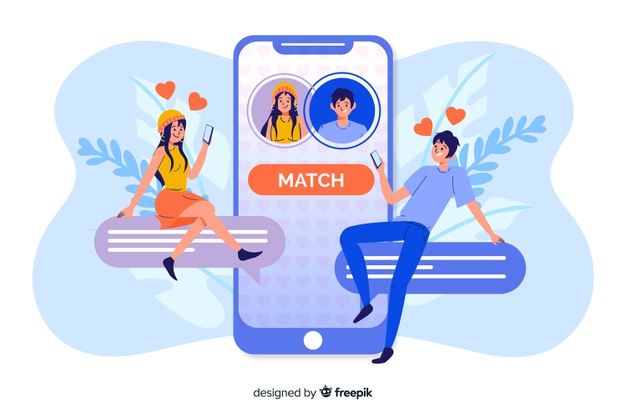
A new study shows online dating is surging during Coronavirus, and Florida residents are the No. 2 most at-risk for online romance scams.
Online daters seeking love were scammed out of $362 million in 2018, a 70% increase from the previous year.
During the pandemic, online dating platform Bumble reported a 21% increase. Hard hit states New York and San Francisco were even higher at 26% and 23% respectively. Tinder reported a 10-15% weekly increase and the hardest hit countries like Spain and Italy are up 25%.
One thing is clear, romance and catfishing scams are bound to go up even higher in 2020, especially in places where the coronavirus is more prominent.
SocialCatfish.com — a leading resource to verify online identities — today released a study on the Most At-Risk States For Online Dating Scams using data from the FBI from 2019.
- Florida ranked No. 2 in the country with 1,363 reported victims. Vermont reported the fewest victims of all 50 states with just 23 cases.
- 5 States with the Most Victims: California (2,206), Florida (1,363), Texas (1,287), New York (931), Pennsylvania (607).
- 5 States with the Fewest Victims: Vermont (25), South Dakota (27), North Dakota (36), D.C. (36), Wyoming (44)
Here are 4 Signs You Are Being Catfished During Coronavirus:
- They want to move fast in the relationship. The sooner they gain your trust, the faster they can ask for money. Move at a normal pace.
- They don’t want to video chat with you. If someone won’t meet, or even video chat, it is likely they are not who they say they are.
- They ask for money. If anyone courting you online asks for money – in this case perhaps related to treating COVID-19 – this is the ultimate red flag and you should cease communication.
- They have poor grammar. If they claim to be from the United States yet don’t know how to write sentences or spell words, run.
To avoid becoming a victim, thoroughly fact-check and verify online identities before meeting in person or providing any information about yourself.












